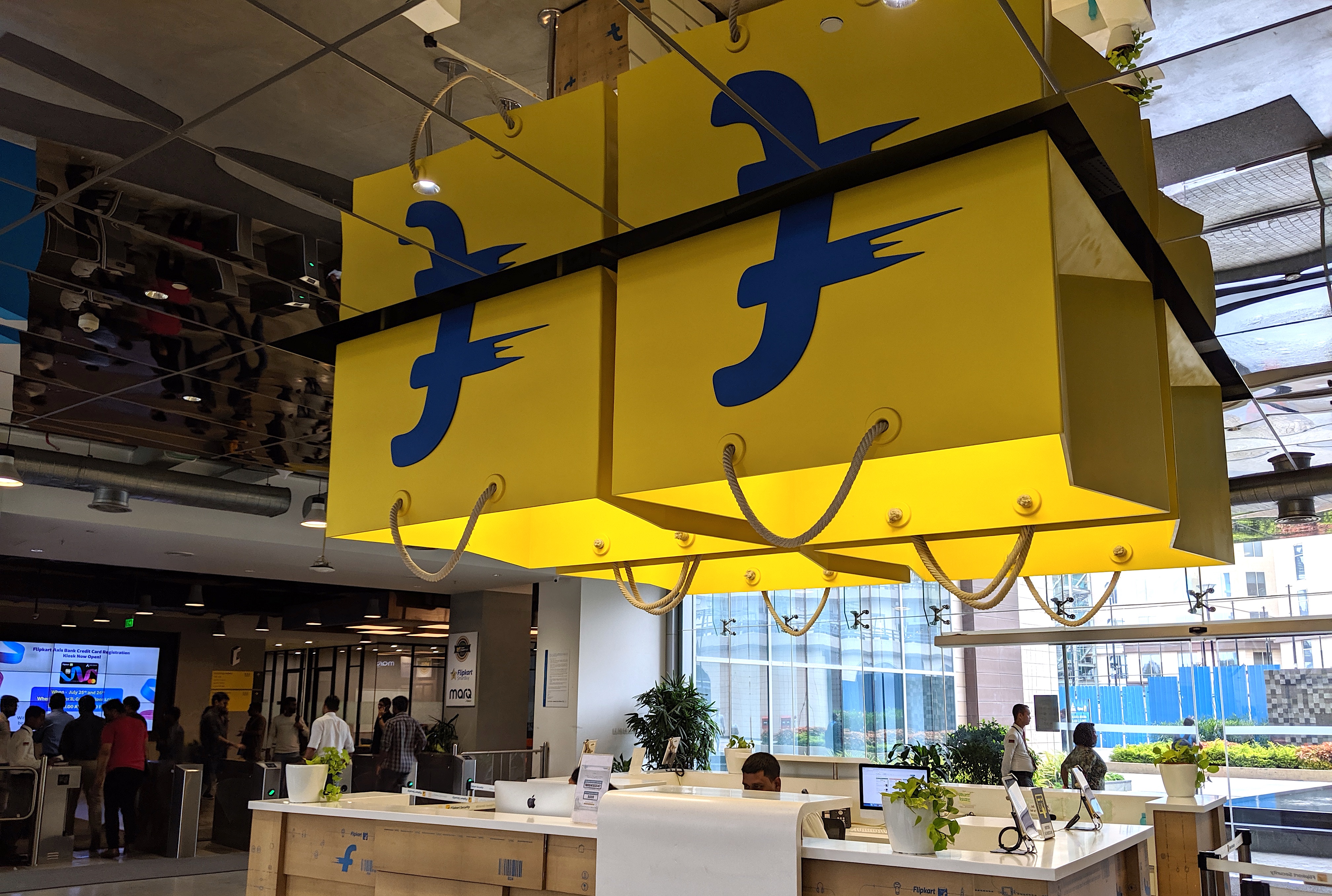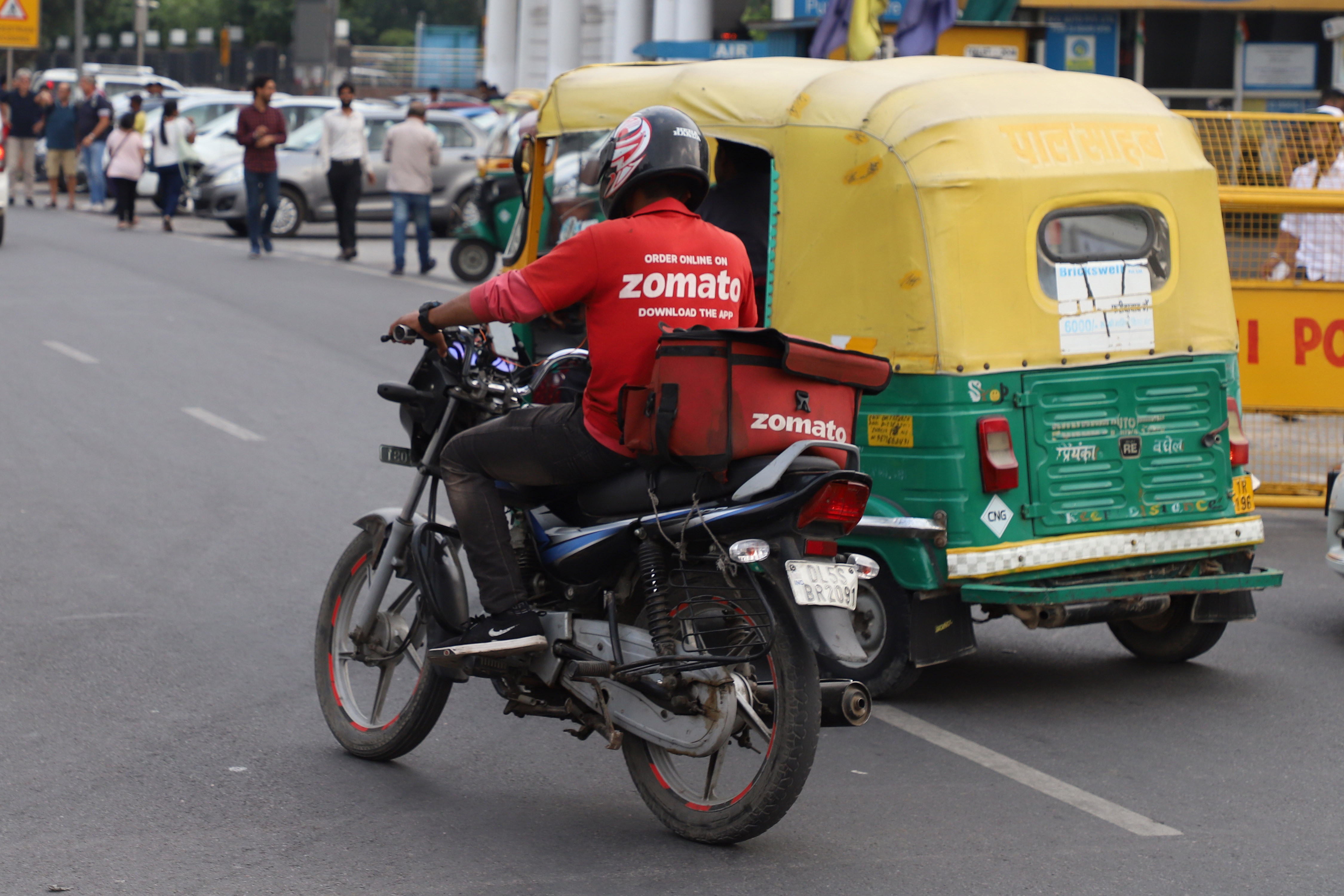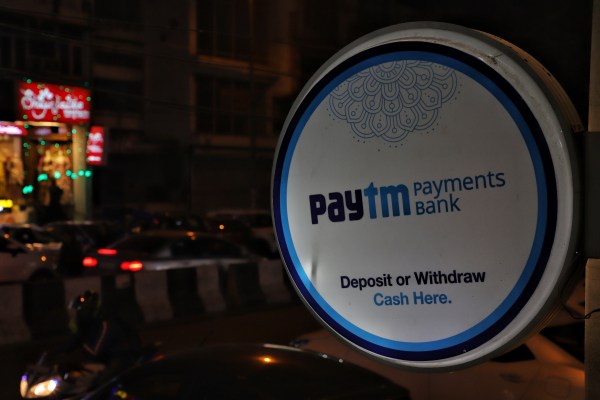Indian tech startups secured nearly $14 billion in 2019, more than they have raised in any other year. This is a major rebound since 2016, when startups in the nation had bagged just $4.3 billion.
But even as more VC funds — many with bigger checks — arrive in India, the financial performance of startups remains a cause for concern.
Whether it’s mobile payments or education learning apps, each startup today faces dozens of competitors in their category. Many of these sectors, such as social commerce and digital bookkeeping, are just beginning to see traction in India, which has resulted in investors backing a large number of similar players.
This has meant more marketing spends; to create awareness among consumers (or merchants) and stand out in a crowd, many firms are heavily marketing their services and offering lofty cashbacks to win users.
What is especially troublesome for startups is that there is no clear path for how they would ever generate big profits. Silicon Valley companies, for instance, have entered and expanded into India in recent years, investing billions of dollars in local operations, but yet, India has yet to make any substantial contribution to their bottom lines.
If that wasn’t challenging enough, many Indian startups compete directly with Silicon Valley giants, which while impressive, is an expensive endeavor.
How expensive? Here’s an exhaustive look at the financial performance of several notable startups and major firms in India as disclosed by them to local regulators in recent weeks. These are Financial Year 2019 figures, which ended on March 31, 2019. Some of the filings were provided to TechCrunch by business intelligence platform Tofler.

Flipkart
Flipkart, which sold a majority stake to Walmart for $16 billion last year, posted a consolidated revenue of $6.11 billion for the financial year that ended in March. Its revenue is up 42% since last year, and its loss, at $2.4 billion, represents a 64% improvement during the same period. The ecommerce giant this year has expanded into many new categories, including food retail.
BigBasket
BigBasket delivers groceries and perishables across India and became a unicorn this year after it raised a $150M Series F led by Mirae Asset-Naver Asia Growth Fund, the U.K.’s CDC Group and Alibaba. The startup posted revenue of $386 million, up from $221 million last year. Its loss, however, more than doubled to $80 million from $38 million during the same period.
Grofers
BigBasket rival Grofers, which raised $200 million in a financing round led by SoftBank Vision Fund, reported $62.6 million on revenue of $169 million. The company’s chief executive and co-founder, Albinder Dhindsa, has said that the startup is on track to sell goods worth $699 million by the end of FY 2020.
MilkBasket
Milkbasket, a micro-delivery startup that allows users to order daily supplies, reported revenue of $11.8 million, up from $4 million last year. During this period, its loss widened to $1.3 million, from $130,000 last year.
Lenskart
Lenskart is an omni-channel retailer for eyewear products. Earlier this month, it raised $275 million this month from SoftBank Vision Fund. It posted a revenue of $68 million — and its loss shrank from $16.5 million to $3.8 million in one year.
Rivigo
Rivigo, a five-year-old startup that is attempting to build a more reliable and safer logistics network, raised $65 million in July this year. Its revenue increased 42% to $143.8 million while its loss also increased to $83 million.
Delhivery
SoftBank-backed logistics firm Delhivery, which raised $413 million earlier this year from SoftBank and others, said its revenue has grown 58% to $237 million since FY18, while its loss has almost tripled to $249 million.
Paytm
One of India’s largest payment companies, which raised $1 billion last month, reported a net loss of $549 million for the financial year that ended in March, up 165% over $206 million in the same period last year. During the same period, the company’s revenue rose to $448 million, compared to $423 million in the year before. Undeterred from losses, Paytm, which is backed by SoftBank, T. Rowe, and Alibaba, said it would invest $3 billion in its business in the next two years.
PhonePe
PhonePe, a payments service owned by Flipkart, posted a loss of $266.5 million (more than double since last year) on revenue of $25.7 million. At a recent conference, PhonePe chief executive said the startup plans to continue to aggressively court merchant partners on its platform.
PayU
Naspers-owned PayU, which currently dominates India’s payments processing market, reported revenue of $127 million, up 50% since last year, while its loss narrowed by 28% to $16.7 million. The startup has invested more than half a billion dollars in India to grow in India.
Cars24
Cars24, which operates an online platform for used cars, reported a 150% increase in its revenue to $231.5 million. Its loss, however, widened to Rs $45.6 million from $11 million a year ago. The startup says it bought a large number of used cars that added to its expenses.
CarDekho
CarDekho, which competes with Cars24, reported revenue of $22.4 million and losses of $12.5 million, according to figures provided by Tofler.
Dream11
Dream11 was one of the most talked about startups in India this year. Thanks to the popularity of cricket in India, which helped Disney gain more than 300 million monthly active users on its streaming service Hotstar, Dream11, a fantasy sports service is quickly gaining users and became a unicorn earlier this year.
As for financials, its revenue stood at $108.5 million, up from $31.5 million last year. During the same period, its loss hit $18.5 million.
Meesho
Social commerce Meesho made some news this year after Facebook chose the Bangalore-based startup as its first ever investment in the country. That investment was part of a $125 million financing round led by Prosus Ventures. During FY 19, Meesho reported revenue of $11.7 million. It loss had, however, jumped to $14 million.
ShareChat
ShareChat, a local social networking app, was backed by Twitter this year. It recorded a loss of $58 million on no actual revenue. The startup, which has yet to find a way to monetize its users, made no revenue last year, either.

A Zomato delivery boy moves through New Delhi India on 21 September 2019 (Photo by Nasir Kachroo/NurPhoto via Getty Images)
Zomato
Zomato was in the news all this year, first for picking a fight with a major restaurant association. Afterwards, TechCrunch reported that it is in the final stages of talks to acquire Uber’s food delivery business in India.
As for its financials, the 11-year-old firm’s revenue stood at $189 million, and its loss shrank to $80 million. The startup has said that it is cutting its costs to achieve profitability.
Swiggy
Zomato in India competes with Swiggy, which according to some estimates, leads the food delivery market. Backed by Prosus Ventures, Swiggy posted a net loss of $331 million on revenue of $158 million. Because the startup raised $1 billion last year, it’s clear how it is able to afford such finances. This year, it has expanded to delivery beyond food category and cloud kitchens.
Dunzo
Dunzo is a hyperlocal delivery startup that will delivery anything, including food from a restaurant, medicine from local pharmacies and the laptop you forgot at home. The startup has been backed by Google in India.
Its net loss stood at $23.6 million on revenue of $107,000.
FoodPanda
FoodPanda, which once fought tooth and nail with Zomato and Swiggy, had another rough year. After getting acquired by ride-hailing giant Ola, the food delivery startup pivoted to a cloud kitchen model and laid off a number of people. Its revenue stood at $11.5 million, a marginal increase of 11% from last year. Its loss widened to $106 million — a 230% year-over-year jump.
Byju’s
One of India’s biggest tech startups is no longer losing money. Education tech startup Byju’s this month posted a net profit of $2.8 million on revenue of $188.8 million in the financial year that ended in March this year. During the same period, Byju’s revenue increased to $208 million, from $73.2 million a year ago.
The eight-year-old Bangalore-headquartered startup, which was valued at $5.75 billion in its previous financing round earlier this year, said it is on track to double its revenue to $422 million by March 31, 2020. Anita Kishore, chief strategy officer at Byju’s, told TechCrunch in an interview this month that the startup had turned profitable.
Facebook reported revenue of $125 million, up from $73 million last year. During the same period, its net profit jumped 11% to $14.7 million. Facebook counts India as its largest market. WhatsApp has more than 400 million users in India, for instance, more than it does in any other country. In comparison, Facebook globally reported revenue of $17.6 billion for the quarter that ended September. Its profit? Over $6 billion.
Similar is the story of Google, which competes with Facebook on advertisement dollars globally. Google reported revenue of $581 million and profit of $66 million. Globally, its parent firm Alphabet reported revenue of $40.5 billion in the quarter that ended in September, up 20% YoY. Its net income income stood at $7.1 billion.
Amazon
Amazon Seller Services, the online marketplace arm of Amazon, reported a loss of $796 million, an improvement over $880 million it lost in India last year. During the same period its revenue grew 55% to $1 billion. Again, this is just a fraction of what Amazon, which counts India as its fastest growing market, clocks globally in a quarter.
